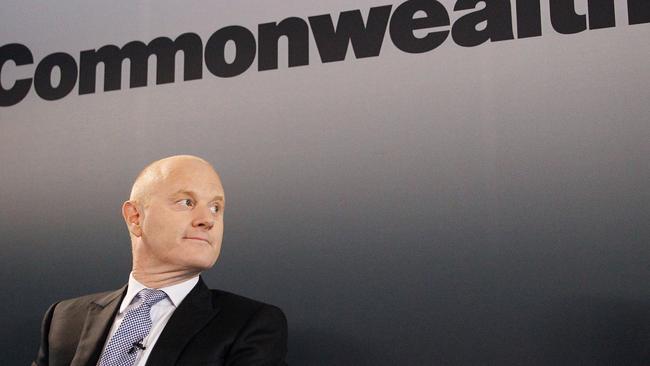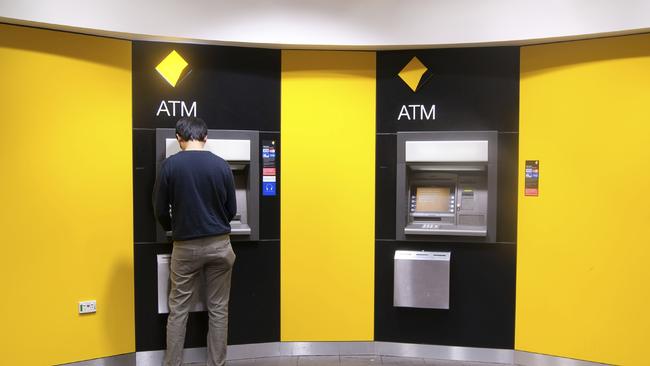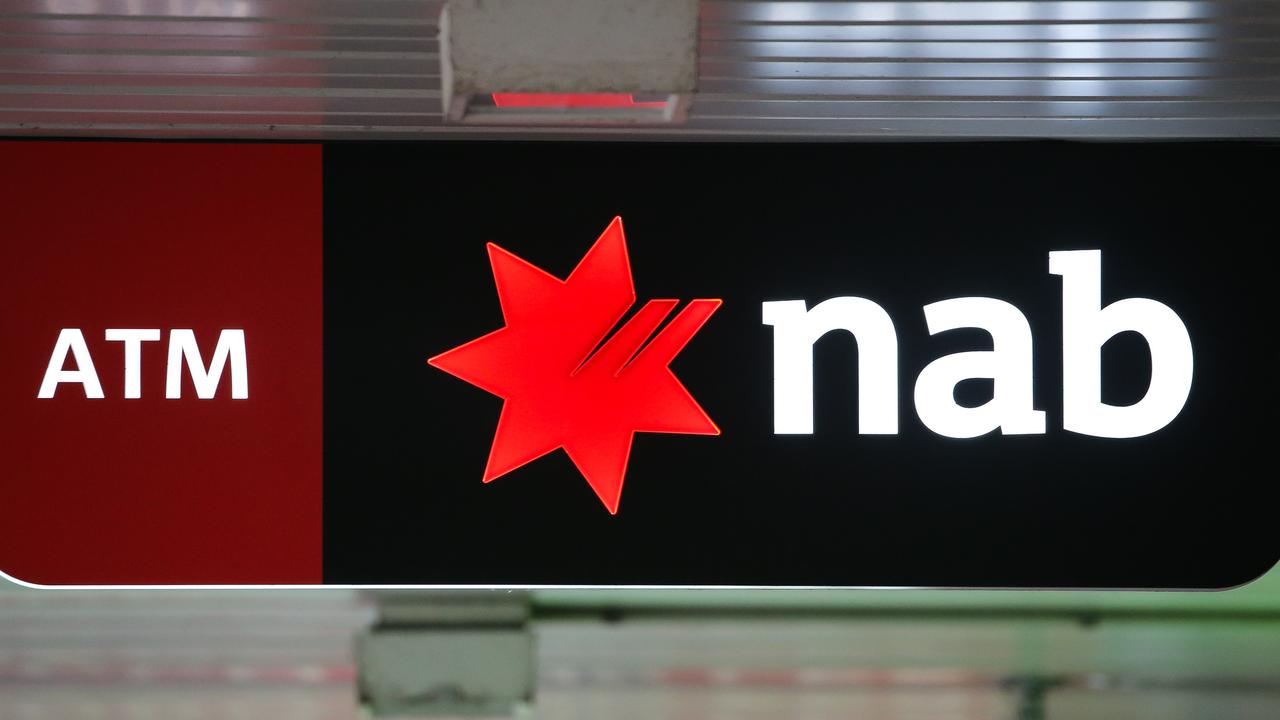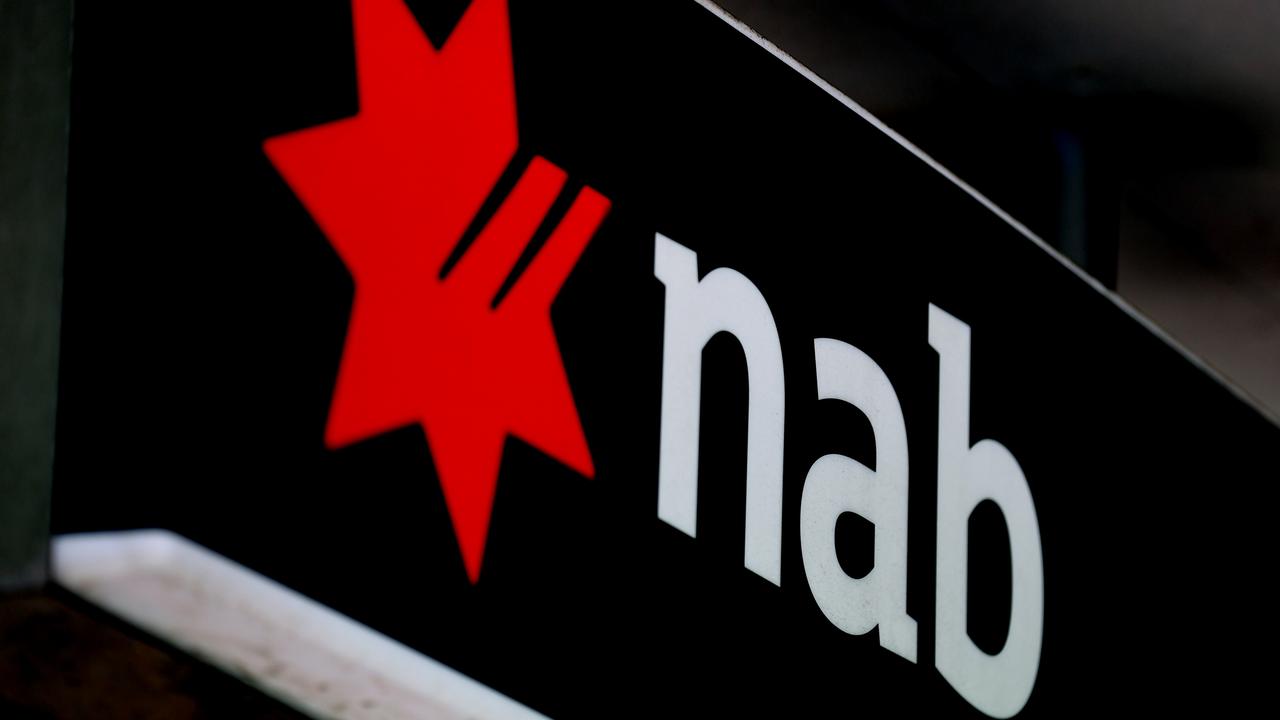Ian Narev says it’s innovate or die for Commonwealth Bank
THE head of Commonwealth Bank has revealed the “existential” threat he faces, saying if the business doesn’t act, “we’re toast”.

EXCLUSIVE
THE head of Commonwealth Bank says the business will be “toast” within a decade if it fails to successfully innovate, describing it as an “existential imperative”.
But Ian Narev argues the effect of some much-hyped disruptive technologies such as peer-to-peer lending and bitcoin has been broadly overstated — in the short term, at least.
“If we don’t innovate successfully we’re toast,” he told a small gathering of business leaders hosted by free-market think tank The Centre for Independent Studies on Thursday.
“Not we’ll lose a bit of profit, we’ll lose a few customers — we’re toast. And I’m talking over a decade, not over six months, but it is an existential imperative for us to innovate.
“And you can just look around and all sorts of parts of the industries that we’re in — whether it is lending or payment systems — you can just see that the legacy business model is not going to work. It’s actually got to evolve.”
Mr Narev refuted the notion that innovation and technology is only the domain of the start-up, describing Commonwealth Bank as the “big dog sleeping on the porch”.
“The kids all sort of run past and taunt knowing it won’t move, and generally it won’t,” he said. “But if you can actually mobilise the big dog off the porch, then the big dog is actually capable of doing some pretty interesting innovation.”
The biggest challenges to any technology start-up are capital and customers, both of which Commonwealth Bank has in ample supply, he said. The challenge is working out how to apply the new technologies to existing business lines, and evolving the management model to keep pace.
“There is not a single piece of good innovation that has come out of the Commonwealth Bank in the five odd years since I’ve been running it, that I’ve had anything to do with,” he said.
“Not a single thing. Not a single idea I thought up, not a single idea I don’t think I’ve even made better. And I don’t think there will be for as long as I’m here.”
All business leaders can do is “try and create the conditions where the people who do have those smart ideas can think about them” and bring them to market.
To that end, Commonwealth Bank has completely overhauled the way it approaches product development, with teams from across the business organised into “scrums”.

Whereas in the past one team would spend six months conceiving on a product before taking it to the technology people, who would then spend another 10 months developing it, now the focus is getting out a minimum viable product as soon as possible.
“From day one, the product people, the technology people, the risk people, the audit people, the legal people are all meeting together all around the same ideas,” he said.
“They’re evolving the product very quickly — not till it’s perfect, but till it is good enough to get out of the market — getting down to the market, trying it, learning from it and then improving it for the next release, or sometimes culling it.”
Similarly, in funding entrepreneurs Commonwealth Bank has learned to take more risks with more money and “back people against their record” rather than try to assess the idea itself.
On external threats, Mr Narev said identifying them was often difficult because many successful tech entrepreneurs have realised one of the quickest ways of adding value to an idea was building hype in the media.
“Now let me be clear — a lot of the ideas are fabulous,” he said. “But the challenge for us is sorting out the genuine threats from the noise.”
Citing peer-to-peer lending as the most recent example, Mr Narev said what was actually happening in many cases was more like shadow banking, with hedge funds aggregating money and lending it on to small businesses and others.
Those models, he said, are now under significant stress. “The principle of what has been called peer-to-peer lending, over time I have no doubt, will become extremely successful,” he said.
“But the use cases that people were telling us within a very short period of time were going to rapidly disrupt the business have now proven to be not the right use cases.”
And while he highlighted the need to foster diversity in the workplace, he warned against forced collaboration. “We have a cadre of people in the organisation who are introverted coders and actually can’t stand dealing with anyone else,” he said.
“And if we force them to collaborate with their colleagues — as we have tried to do in the past — they will leave, as they have in the past.
“The kind of people who are going to contribute to [our] success may have a lot less in common, other than their core values and motivation, than the people who may have been working in and running the Commonwealth Bank 20 or 30 years ago.”




